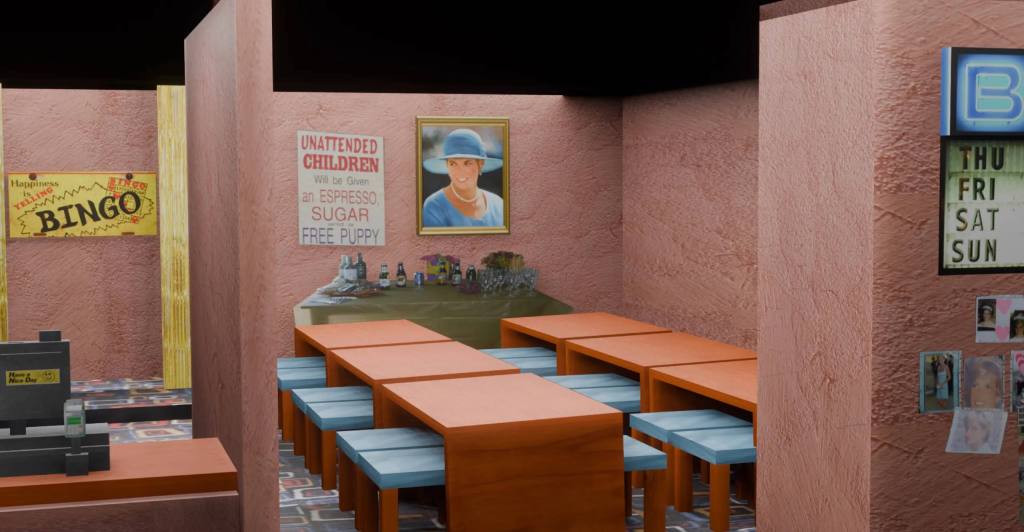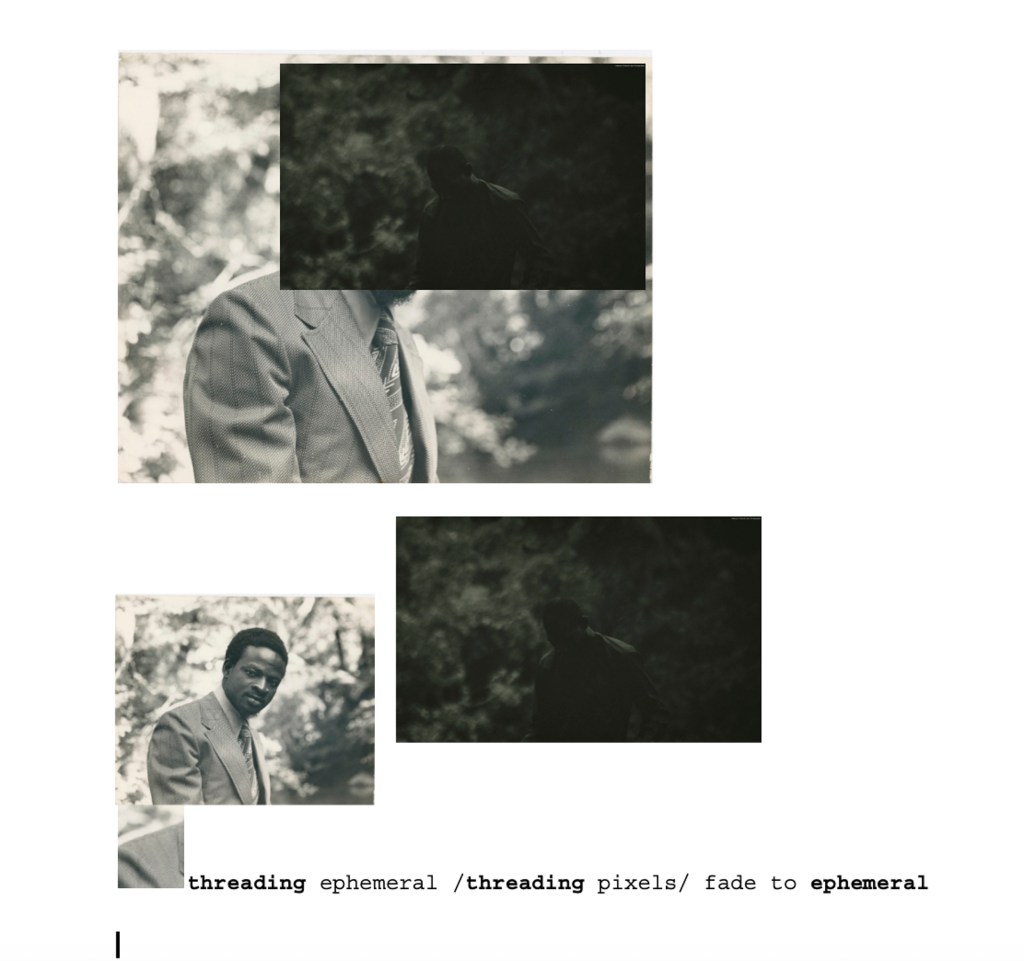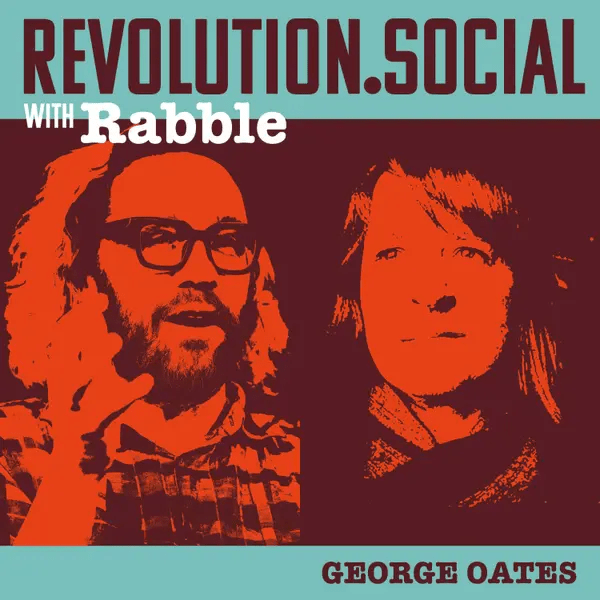Join us for a one evening exhibition of experimental works celebrating the flickr archive
An evening of experimental works and conversations by BA (Hons) Fine Art: Computational Arts and the Flickr Foundation. Featuring works by Maisy Charlton, Xach Hill, Matthew Plummer-Fernandez, Yunzhi Li, Lyra Robinson, Nikos Antonio Kourous Vázquez, Rizq Yazed, Jack Jessé and Triss Qian, and Panayotis Zapantis.
Flickr is an online photo sharing platform and community founded in 2004, but its history is rooted in Game Neverending, a web-based multiplayer online game developed by Ludicorp, a company founded by Stewart Butterfield and Caterina Fake. Game Neverending was a social game that focused on user interaction, and while it never gained commercial success, the image-sharing tools developed for it laid the groundwork for the launch of Flickr.
Flickr quickly gained popularity for its social networking features and the ability to tag photos with metadata. Eventually this led to the creation a vast network of searchable images. Now there are tens of billions of images that have been uploaded to the platform and more are being added every day. Flickr introduced several technological innovations that have significantly impacted the way people interact with photos online, many of which have now become standard features across social media. For example, tagging, which allows users to add descriptive keywords to their photos; photo pools and groups, which enables users to create and join communities around shared interests and themes; and geotagging, which allows users to add location data to their photos.




